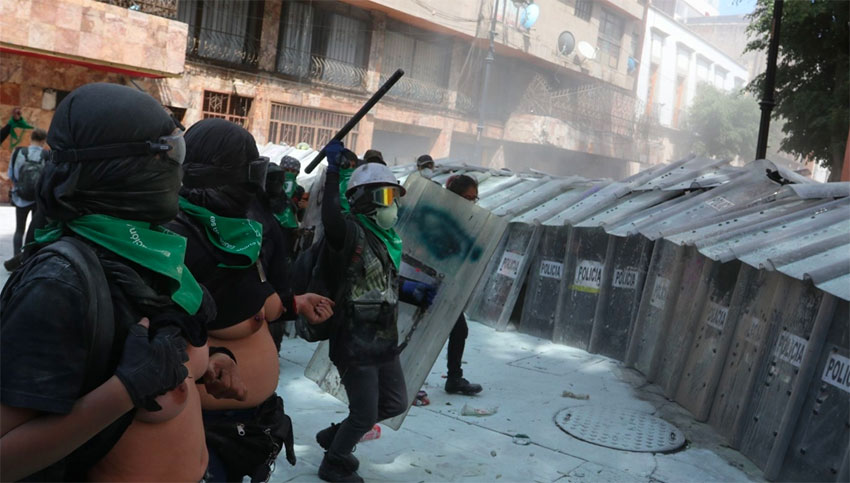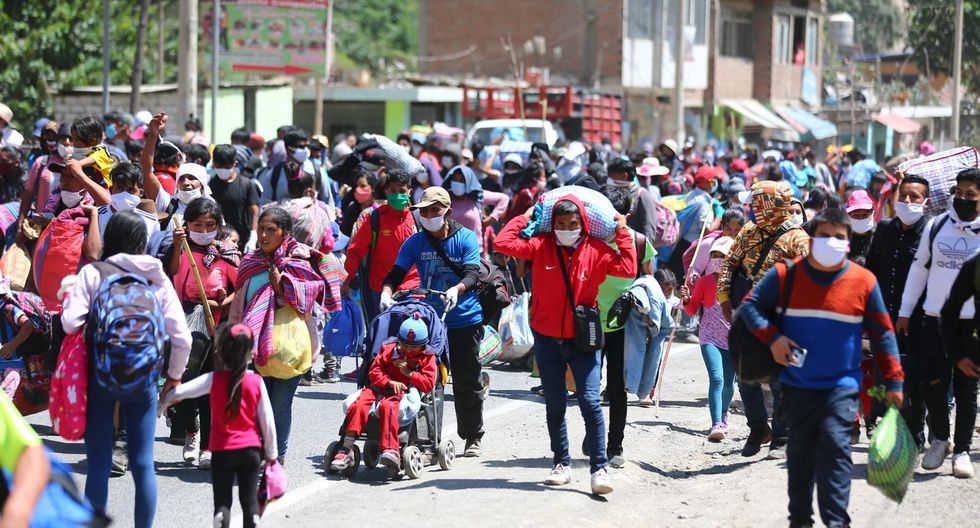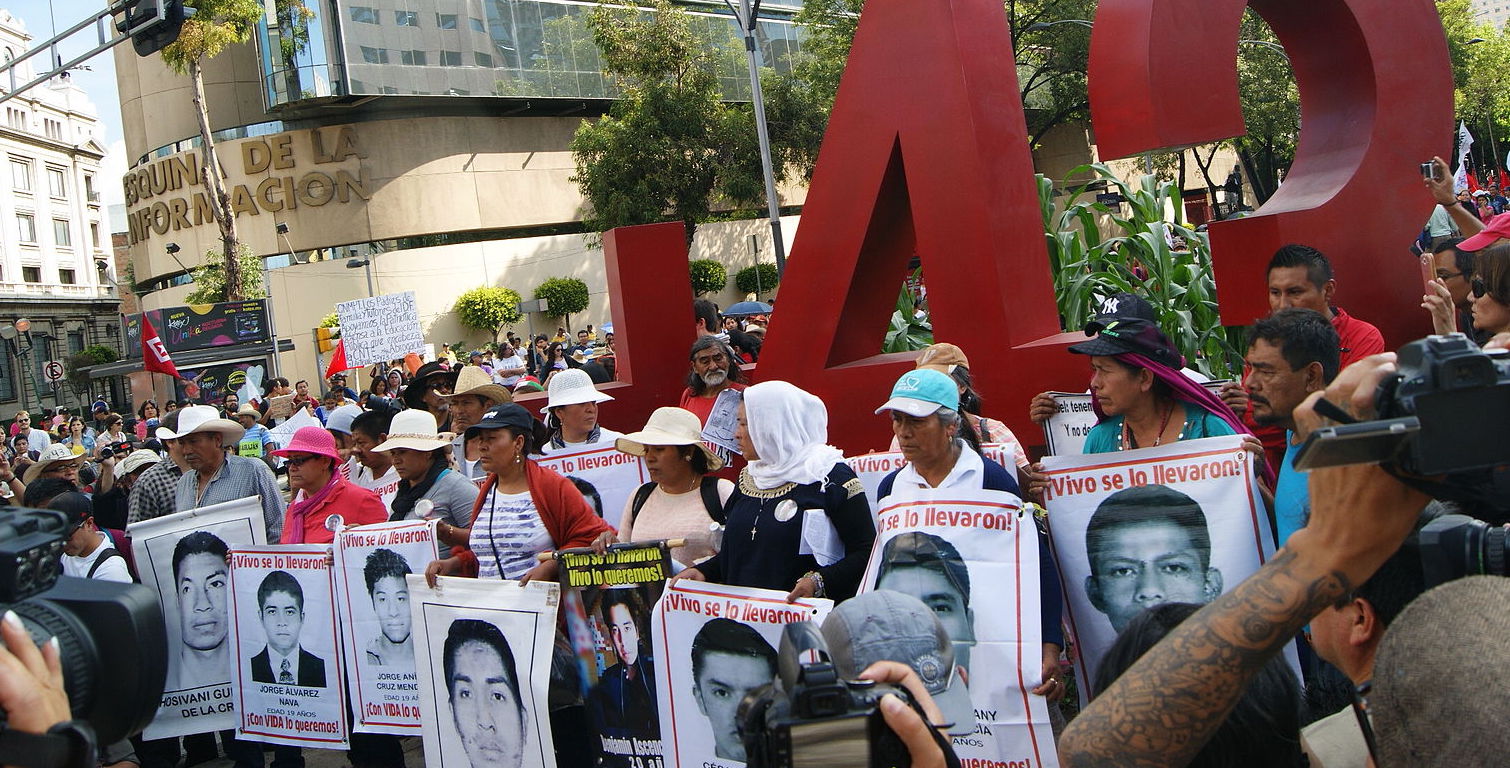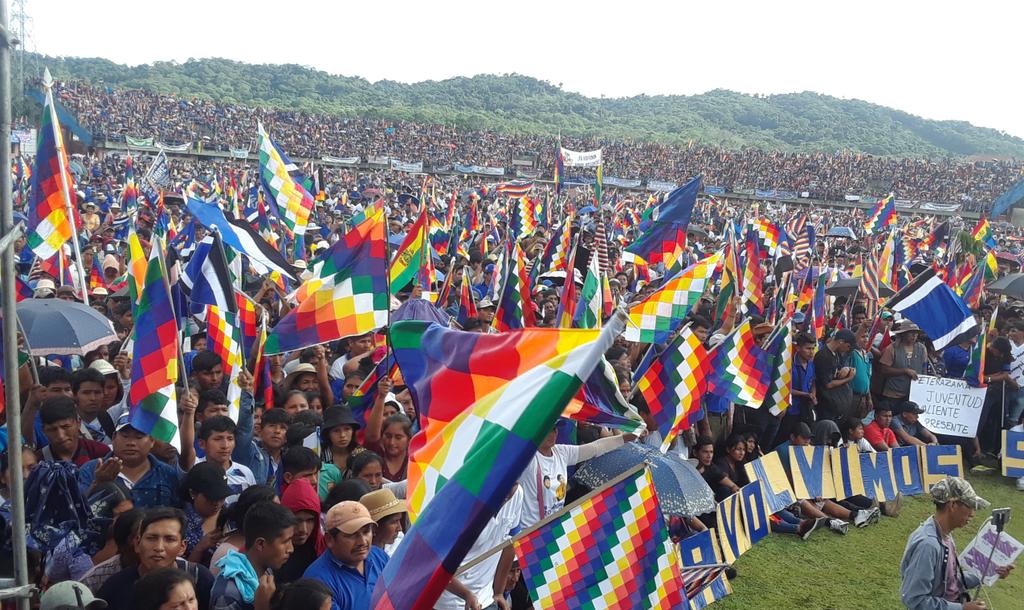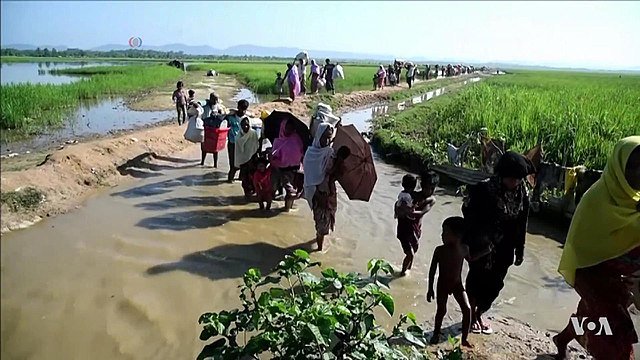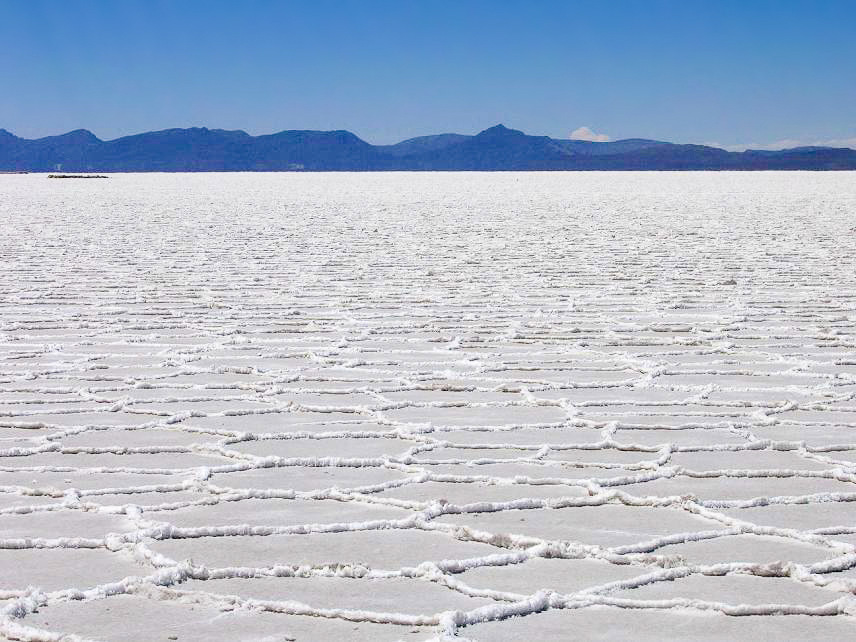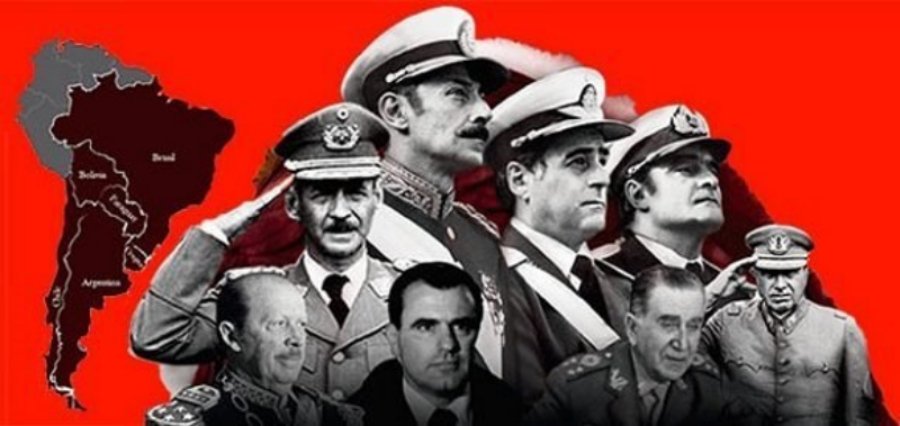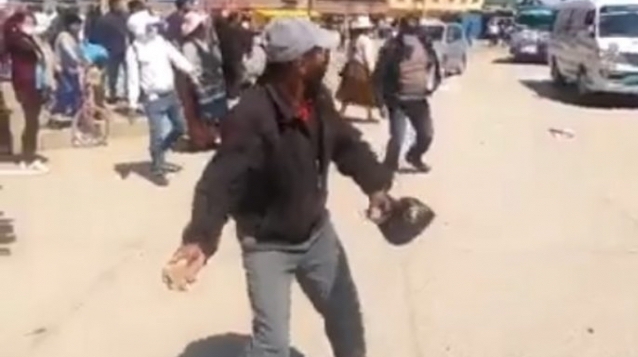
Bolivia: street confrontations in prelude to elections
Tensions are escalating in Bolivia ahead of the first post-coup elections, which after numerous postponements are now slated for this month. In one incident, a youth meeting of the Movement to Socialism (MAS) in the Manufacturing Complex of the working-class city of El Alto was attacked with tear-gas bombs by unknown assailants, causing an exodus from the cavernous space. Days earlier, MAS supporters in the mining hub of Oruro hurled stones at a vehicle caravan of the right-wing Creemos (We Believe) coalition, forcing it to retreat from their barrio, known as the Mining Helmet for the strength of organized labor there. The protesters shouted “Out, out, out! Oruro must be respected!” (Photo: Bolivia Prensa)



